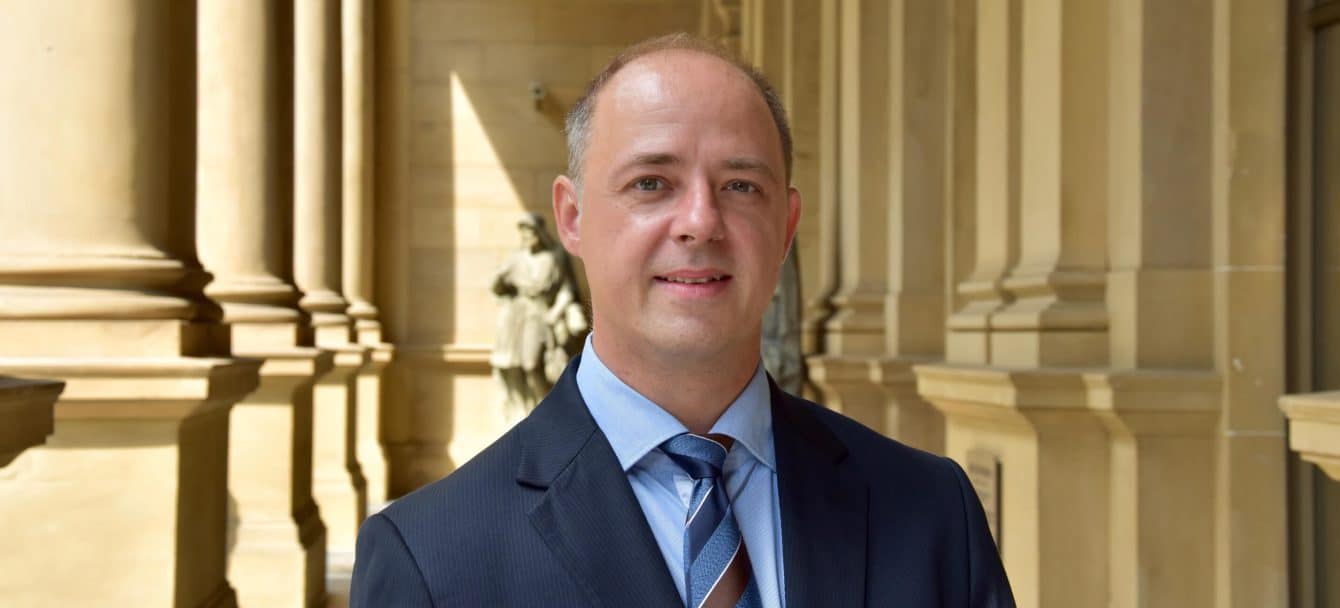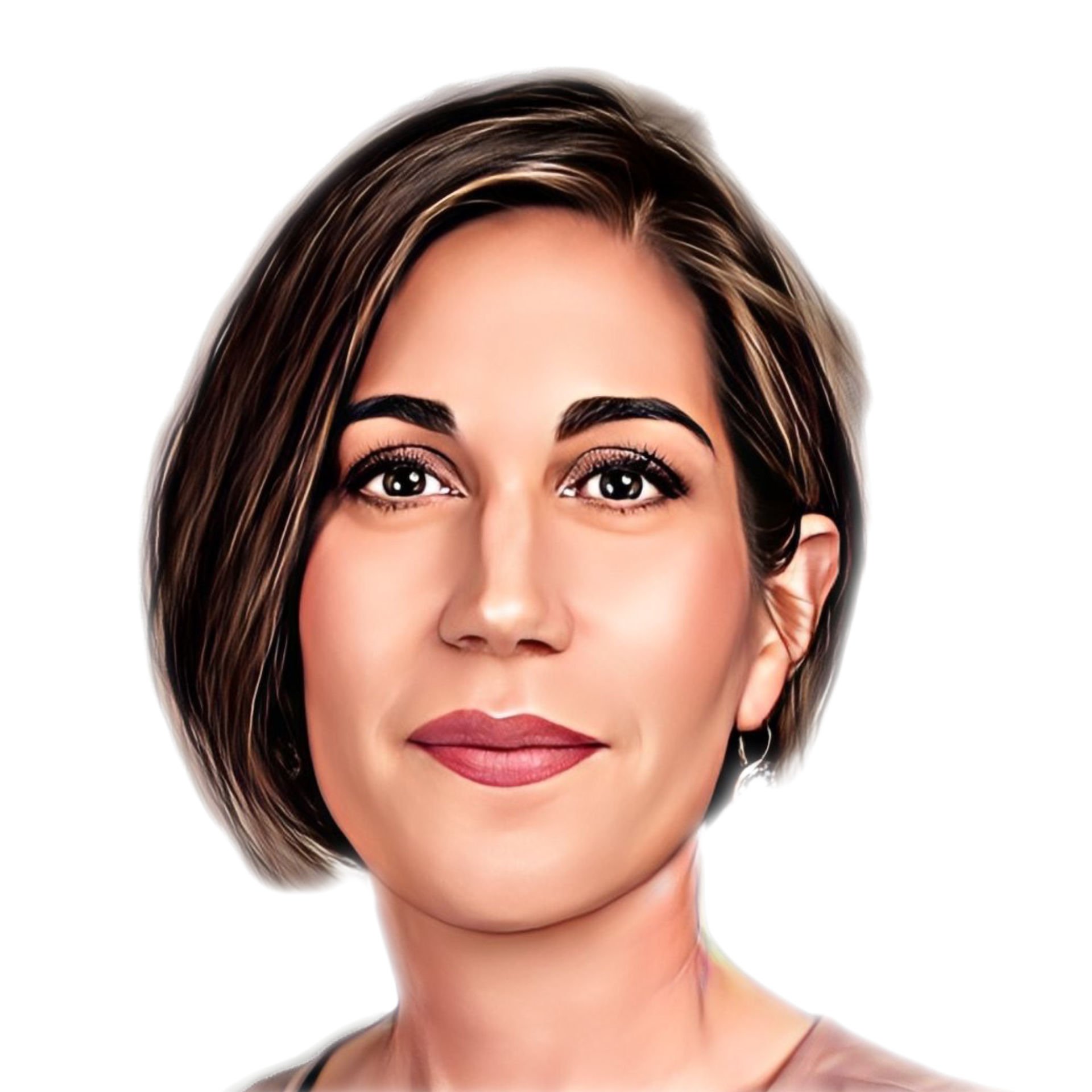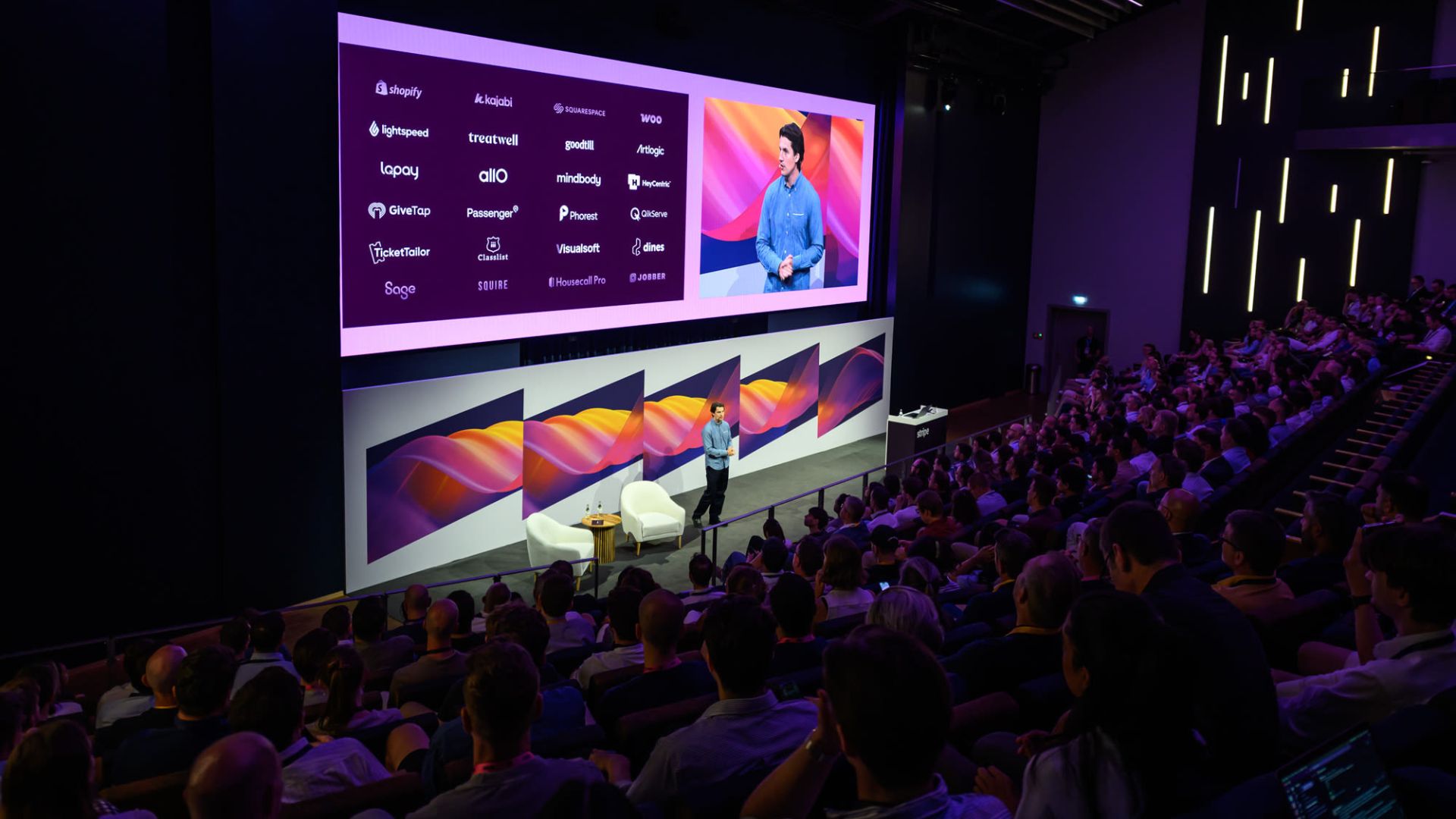Dürfen wir vorstellen: Dennis Austinat von eToro
Das Arbeiten in der FinTech Branche gleicht einem Kommen und Gehen, setzt ein hohes Maß an Professionalität in einem durchaus lockeren Arbeitsumfeld voraus und ist vor allem geprägt von Innovationen sowie guten, klugen und zukunftsorientierten Ideen, so der weit verbreitete Konsens. Doch wer sind eigentlich die Köpfe und Macher hinter diesen kreativen Denkprozessen, an der Schnittstelle zwischen Finanzen, digitalen Technologien und Gründertum? In unserer Reihe: Die Gesichter der FinTech Branche stellen wir regelmäßig einer Person aus der Payment- und Banking-Industrie die gleichen zehn Fragen. Diesmal beantwortet Dennis Austinat unsere Fragen.
Dürfen wir vorstellen…
Während unseres Arbeitsalltags begegnen uns immer wieder spannende Menschen, die im gleichen Umfeld tätig sind, die uns nur einmal oder immer mal wieder begegnen oder uns sogar schon privat sehr ans Herz gewachsen sind – jeder von Ihnen hat eine eigene Geschichte. Wir haben ein paar dieser Menschen aus unserem nächsten FinTech-Umfeld interviewt, um ihnen ein Gesicht zu geben. Um zu teilen, warum diese Branche für sie viel mehr ist als eine weitere Art, seine Miete zu bezahlen. Diese Menschen und deren Vita möchten wir in einer ganz eigenen Kategorie kurz porträtieren und vorstellen und haben dazu einen immer gleichen Fragenkatalog entworfen.
Diesmal beantwortet Dennis Austinat unsere Fragen. Dennis ist Deutschlandchef der Handelsplattform eToro.
Wer bist Du, was machst Du?
In der Rolle des Deutschlandchefs der Investment-Plattform eToro verantworte ich den deutschsprachigen Markt – mein Büro ist allerdings in Israel, wo sich auch der Hauptsitz von eToro befindet.
Wann hast Du das Wort FinTech das erste Mal wahrgenommen?
Der Begriff begegnete mir zuerst wahrscheinlich im Jahr 2010. Damals bin ich nach Israel ausgewandert. Meinen Background habe ich in den Bereichen Immobilien und Events und suchte damals nach Jobs in einem sich perspektivisch gut entwickelnden Markt, in dem ich meinen nächsten beruflichen Schritt gehen konnte.

In Israel waren die vielversprechendsten Branchen bereits vor zehn Jahren die Hightech- und Finanztechnologiebranche. So kam ich zu meinem ersten Job in der Fintech-Industrie bei Superderivatives (Heute teil der ICE-Gruppe).
Was waren Deine ersten Berührungen mit der Payment- und Banking-Industrie?
Zum ersten Mal direkten Kontakt mit der Banking-Industrie hatte ich mit elf Jahren, als ich von meinem Vater meine erste Bankomat-Karte bekam. Das Konto hatte mein Vater für mich eingerichtet, damit ich mein Taschengeld künftig darüber verwalten und das Bargeld mit der Karte selbst abholen konnte.
Wie definierst Du FinTech?
Fintech bedeutet die Anwendung von Technologie auf unterschiedlichste Finanzdienstleistungen (ursprünglich Desktop-basiert, heute verstärkt „mobile first“).
Ich bin jedoch überzeugt, der Begriff hat eine gewisse Evolution durchgemacht und ist auch weiterhin einem Wandel unterworfen: Ganz früher bedeutete Fintech den Einsatz der bereits erwähnten Bankomat-Karte für die eigenen Geldgeschäfte. Während der 2000er umfasste Fintech das Online-Banking. Heute meint Fintech online und das mobile Bezahlen. Und in Zukunft wird Fintech sicher vor allem den Einsatz von Crypto-Technologie für die Abwicklung von Finanzdienstleistungen bezeichnen.
Was glaubst Du machen etablierte Unternehmen besser als FinTechs?
Die internen Strukturen von etablierten Unternehmen sind häufig genauer definiert, das heißt Prozesse zwischen Mitarbeitern sind klar geregelt. Das sorgt für einen reibungsloseren Ablauf zwischen verschiedenen Mitarbeitern. Wenn also eine Bank etabliert ist, wird, insbesondere in Deutschland, eine bestimmte Checkliste für jeden Prozess streng abgearbeitet. Genau definierte Rollen ermöglichen klar definierte Prozesse, erlauben jedoch keinerlei Abweichungen, um beispielsweise auf individuelle Kundenanforderungen einzugehen.

Im Gegensatz dazu stehen Fintechs, bei denen häufig die Struktur oder gar das Produkt noch nicht vollständig definiert sind und daher jeder Mitarbeiter des Unternehmens Ideen einfließen lassen kann. Am Ende kommt dabei oftmals etwas ganz anderes heraus, als ursprünglich geplant gewesen war.
Jedoch ist das Endprodukt dann meistens stark geprägt durch Eingaben der Kunden, damit sie es tatsächlich benutzen und es ihnen einen entsprechenden Mehrwert liefert.
Was kann man von FinTechs lernen?
Man kann von Fintechs vor allem lernen, dass der Status quo tatsächlich nur für diesen Moment relevant ist und sich alles zu jeder Zeit verändern kann.
Auch dass kleine Innovationen riesige Ausmaße annehmen können, kann man von dieser Branche lernen.
Außerdem haben Fintechs bewiesen, dass Gebühren- und Autoritätsstrukturen nicht immer notwendig sind, um in einer freien Marktwirtschaft ein sinnvolles Produkt zu erschaffen. Um das noch etwas auszuführen: Natürlich muss eine freie Marktwirtschaft durchdacht reguliert sein. Wenn jedoch nicht nur der Regulator den Markt reguliert, sondern auch die Anbieter selbst, läuft man Gefahr, Innovationen und die Weiterentwicklung der Branche zu blockieren. So haben Kunden von ihren Bankberatern früher und teilweise noch heute bei besonderen Anfragen häufig die Antwort erhalten, ihr Wunsch sei aufgrund der gegebenen Prozesse leider nicht zu erfüllen. Fintechs brechen das teilweise starre Modell auf – daraus ergeben sich neue Wege für eine gesamte Industrie.
Wieso tun sich etablierte (große) Unternehmen bei der Digitalisierung eigentlich so schwer?
Um sich an neue Gegebenheiten anzupassen, muss ein Unternehmen sein Core-Produkt von Grund auf verändern, anstelle nur immer neue Features hinzuzufügen, sonst wird das gesamte System unstabil. Davor scheuen sich die meisten Firmen. Doch ungeachtet des teilweise enormen Aufwands, den eine Transformation verursacht: Ein Unternehmen sollte sich kontinuierlich an den neuesten technologischen Möglichkeiten orientieren. Denn arbeitet man heutzutage beispielsweise auf einem veralteten Betriebssystem und programmiert neue Lösungen auf einer zu alten Grundlage, sind die Services und das gesamte Geschäftsmodell nicht skalierbar.
Viele etablierte Unternehmen schrecken vor der Adaption von Innovationen zurück, weil sie der Sicherheit der neuen Lösungen gegenüber skeptisch sind. Natürlich ist Sicherheit eine große Priorität, daher sollte vor einem Rollout einer neuen unternehmensübergreifenden Änderung zuerst alles auf Herz und Nieren getestet werden. Aber an der Integration neuer Lösungen im Verlauf des Firmenlebens kommen Unternehmen generell nicht vorbei.
„Viele Unternehmen schrecken vor der Adaption von Innovationen zurück.“
Ein weiteres Hemmnis ist die Sorge um die Profitabilität des Geschäftsmodells. Denn läuft es gerade gut, würde die Einführung einer Innovation diesen Zustand gefährden – zumindest, indem höchstwahrscheinlich zusätzliche Kosten auf die Firma zukommen. Auch solche Risiken möchten etablierte Unternehmen selten direkt eingehen – zu lange zu warten ist jedoch schlichtweg keine Option im gegenwärtigen Umfeld, in dem sich die etablierten Unternehmen regelmäßig durch Herausforderungen in Frage gestellt sehen (egal in welchem Sektor sie tätig sind).
Was würdest Du beruflich machen, wenn Du nicht in der Payment- und Banking-Industrie arbeiten würdest?
Ich koche sehr gern und freue mich, wenn den Bekochten schmeckt, was ich vorbereitet habe. Daher wäre ich alternativ zu meinem Beruf in der Fintech-Branche ziemlich sicher Restaurantbesitzer und Chef de cuisine. Der Grundsatz meines Lokals wäre, dass es kein Menü gibt, sondern die Gäste sich über neue, innovative Geschmacksrichtungen freuen können, die sich stets an ihren Wünschen orientieren.
Bei welchem Unternehmen würdest Du gerne mal einen Tag arbeiten?
Wenn es um die professionelle Laufbahn geht, wäre ich gern einen Tag bei Elon Musks Satelliten-Unternehmen Starlink tätig, um etwas über die neuesten Technologieansätze der Hardware lernen zu können und zu sehen, wie die Strukturen dieses innovativen Unternehmens aufgebaut sind.
Um meine Idee des Chefs eines Restaurants weiterzuspinnen, wäre ich jedoch sehr gerne auch einmal in einem der Lokale des britischen Starkochs Gordon Ramsay tätig, um von seinen Kochkünsten zu lernen.
Mit wem würdest Du gerne ein Bier trinken?
Da Donald Trump ja keinen Alkohol zu sich nimmt, wäre ein alkoholfreies Bier in diesem Fall für mich auch in Ordnung. Mich würde die wahre Weltanschauung dieses Mannes interessieren, seine Pläne und ehrlichen Zukunftsvoraussichten. Dabei interessiert mich weniger seine politische Perspektive als seine persönlichen Einsichten, die er in den vergangenen Jahren gewonnen hat. Ihn aus dem Nähkästchen plaudern zu hören, wäre sicherlich interessant.





